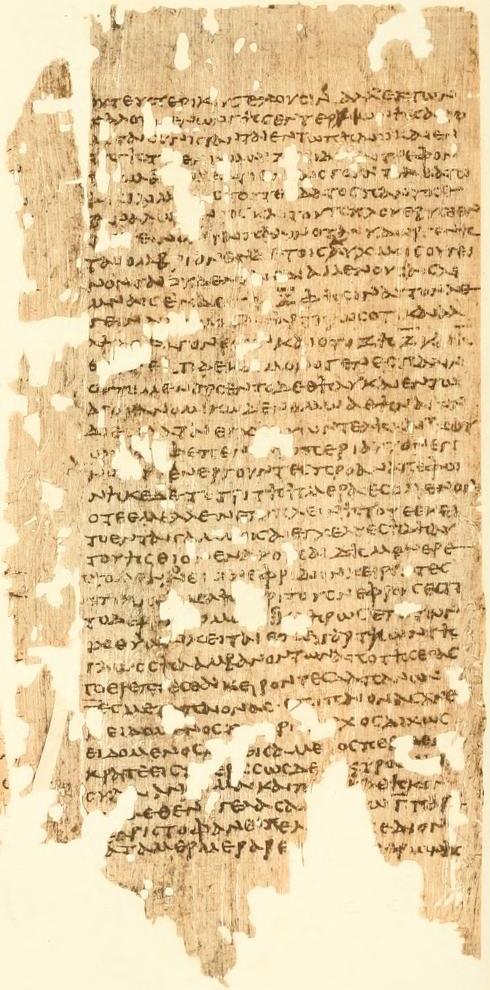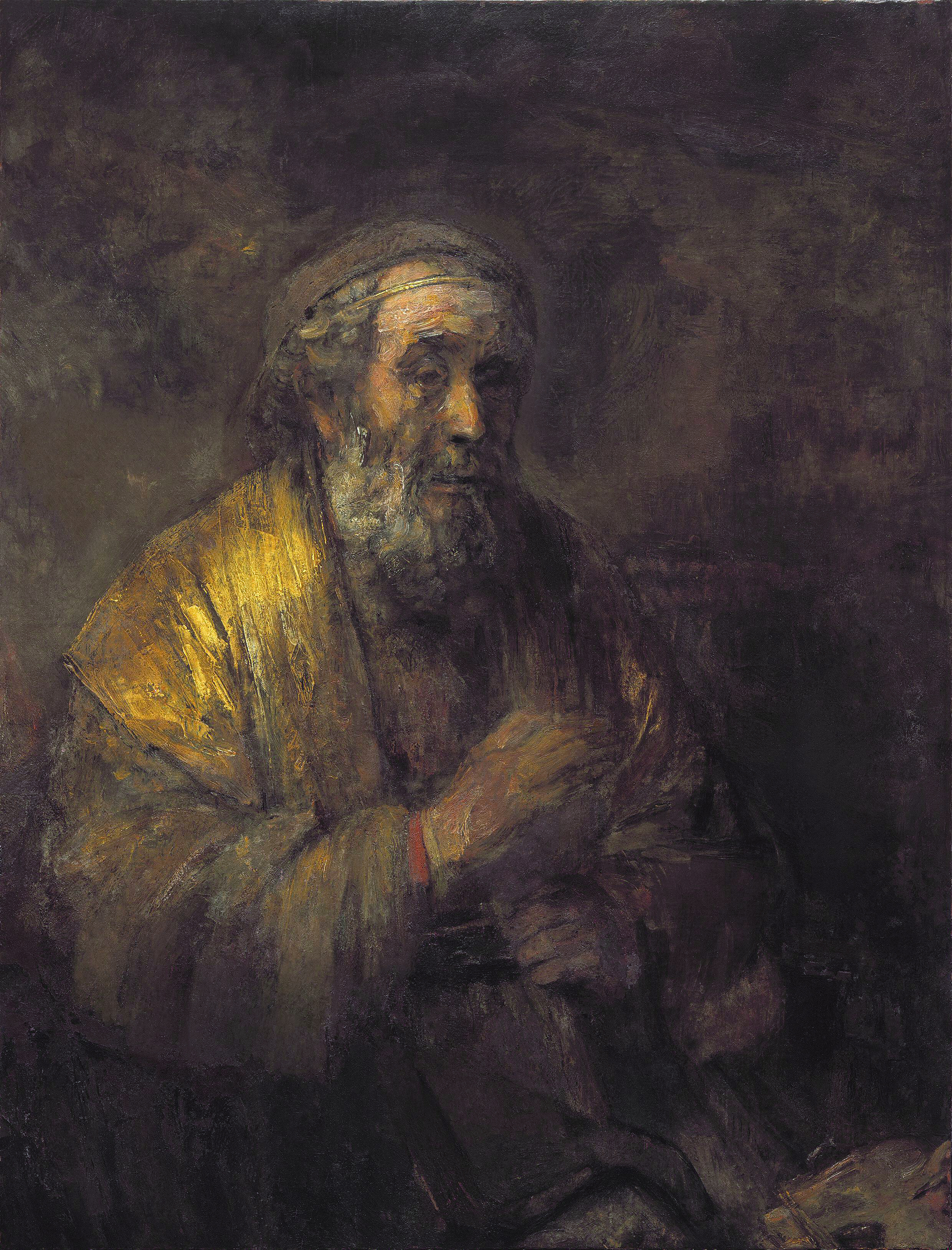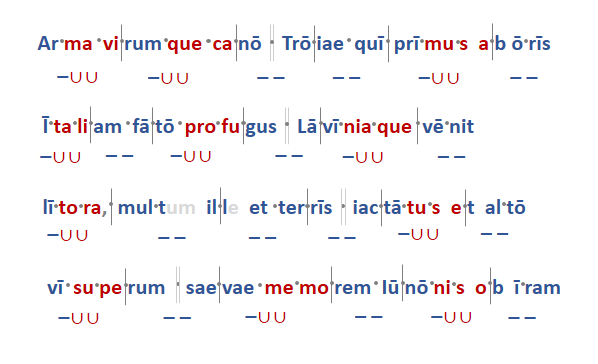|
Iliad
The ''Iliad'' (; , ; ) is one of two major Ancient Greek epic poems attributed to Homer. It is one of the oldest extant works of literature still widely read by modern audiences. As with the ''Odyssey'', the poem is divided into 24 books and was written in dactylic hexameter. It contains 15,693 lines in its most widely accepted version. The ''Iliad'' is often regarded as the first substantial piece of Western literature, European literature and is a central part of the Epic Cycle. Set towards the end of the Trojan War, a ten-year siege of the city of Troy by a coalition of Mycenaean Greece, Mycenaean Greek states, the poem depicts significant events in the war's final weeks. In particular, it traces the anger () of Achilles, a celebrated warrior, from a fierce quarrel between him and King Agamemnon, to the death of the Trojan prince Hector.Homer, ''Iliad, Volume I, Books 1–12'', translated by A. T. Murray, revised by William F. Wyatt, Loeb Classical Library 170, Cambridge, ... [...More Info...] [...Related Items...] OR: [Wikipedia] [Google] [Baidu] |
English Translations Of Homer
Translators and scholars have translated the main works attributed to Homer, the ''Iliad'' and ''Odyssey'', from the Homeric Greek into English, since the 16th and 17th centuries. Translations are ordered chronologically by date of first publication, with first lines provided to illustrate the style of the translation. Not all translators translated both the ''Iliad'' and ''Odyssey''; in addition to the complete translations listed here, numerous partial translations, ranging from several lines to complete books, have appeared in a variety of publications. The "original" text cited below is that of "the Oxford Homer".. A previous edition of the Oxford was put up on Perseus Digital Library The Perseus Digital Library, formerly known as the Perseus Project, is a free-access digital library founded by Gregory Crane in 1987 and hosted by the Department of Classical Studies of Tufts University. One of the pioneers of digital libraries, ... as "Homer. Homeri Opera in five volumes ... [...More Info...] [...Related Items...] OR: [Wikipedia] [Google] [Baidu] |
Homeric Scholarship
Homeric scholarship is the study of any Homeric topic, especially the two large surviving Epic poetry, epics, the ''Iliad'' and ''Odyssey''. It is currently part of the academic discipline of classical studies. The subject is one of the oldest in education. Ancient scholarship Scholia Scholia are ancient commentaries, preserved in the margins of manuscripts. The term marginalia includes them. Some are Interlinear gloss, interlinear, written in very small characters. Over time the scholia were copied along with the work. When the copyist ran out of free text space, he listed them on separate pages or in separate works. The works of Homer have been heavily annotated since antiquity. The number of manuscripts of the ''Iliad'' is currently (2014) approximately 1800. The papyri of the ''Odyssey'' are less in number but are still in the order of dozens. The inventory is incomplete, and new finds continue to be made, but not all these texts contain scholia. No compendium has collated a ... [...More Info...] [...Related Items...] OR: [Wikipedia] [Google] [Baidu] |
Homer
Homer (; , ; possibly born ) was an Ancient Greece, Ancient Greek poet who is credited as the author of the ''Iliad'' and the ''Odyssey'', two epic poems that are foundational works of ancient Greek literature. Despite doubts about his authorship, Homer is considered one of the most revered and influential authors in history. The ''Iliad'' centers on a quarrel between King Agamemnon and the warrior Achilles during the last year of the Trojan War. The ''Odyssey'' chronicles the ten-year journey of Odysseus, king of Homer's Ithaca, Ithaca, back to his home after the fall of Troy. The epics depict man's struggle, the ''Odyssey'' especially so, as Odysseus perseveres through the punishment of the gods. The poems are in Homeric Greek, also known as Epic Greek, a literary language that shows a mixture of features of the Ionic Greek, Ionic and Aeolic Greek, Aeolic dialects from different centuries; the predominant influence is Eastern Ionic. Most researchers believe that the poems w ... [...More Info...] [...Related Items...] OR: [Wikipedia] [Google] [Baidu] |
Trojan War
The Trojan War was a legendary conflict in Greek mythology that took place around the twelfth or thirteenth century BC. The war was waged by the Achaeans (Homer), Achaeans (Ancient Greece, Greeks) against the city of Troy after Paris (mythology), Paris of Troy took Helen of Troy, Helen from her husband Menelaus, king of Sparta. The war is one of the most important events in Greek mythology, and it has been Epic Cycle, narrated through many works of ancient Greek literature, Greek literature, most notably Homer's ''Iliad''. The core of the ''Iliad'' (Books II – XXIII) describes a period of four days and two nights in the tenth year of the decade-long siege of Troy; the ''Odyssey'' describes the journey home of Odysseus, one of the war's heroes. Other parts of the war are described in a Epic Cycle, cycle of epic poems, which have survived through fragments. Episodes from the war provided material for Greek tragedy and other works of Greek literature, and for Latin literature, ... [...More Info...] [...Related Items...] OR: [Wikipedia] [Google] [Baidu] |
Achilles
In Greek mythology, Achilles ( ) or Achilleus () was a hero of the Trojan War who was known as being the greatest of all the Greek warriors. The central character in Homer's ''Iliad'', he was the son of the Nereids, Nereid Thetis and Peleus, king of Phthia and famous Argonauts, Argonaut. Achilles was raised in Phthia along with his childhood companion Patroclus and received his education by the centaur Chiron. In the ''Iliad'', he is presented as the commander of the mythical tribe of the Myrmidons. Achilles' most notable feat during the Trojan War was the slaying of the Trojan prince Hector outside the gates of Troy. Although the death of Achilles is not presented in the ''Iliad'', other sources concur that he was killed near the end of the Trojan War by Paris (mythology), Paris, who shot him with an arrow. Later legends (beginning with Statius' unfinished epic ''Achilleid'', written in the first century CE) state that Achilles was invulnerable in all of his body except ... [...More Info...] [...Related Items...] OR: [Wikipedia] [Google] [Baidu] |
Hector
In Greek mythology, Hector (; , ) was a Trojan prince, a hero and the greatest warrior for Troy during the Trojan War. He is a major character in Homer's ''Iliad'', where he leads the Trojans and their allies in the defense of Troy, killing countless Greek warriors. He is ultimately killed in single combat by the Greek hero Achilles, who later drags his dead body around the city of Troy behind his chariot. Etymology In Greek, is a derivative of the verb ἔχειν ''ékhein'', archaic form * ('to have' or 'to hold'), from Proto-Indo-European *'' seɡ́ʰ-'' ('to hold'). , or as found in Aeolic poetry, is also an epithet of Zeus in his capacity as 'he who holds verything together. Hector's name could thus be taken to mean 'holding fast'. The name was in use during Mycenaean times, as evidenced by a servant with the name referred to in a Linear B tablet. In the tablet, the name is spelled , ''E-ko-to''. Moses I. Finley proposed that the Homeric hero was partly based ... [...More Info...] [...Related Items...] OR: [Wikipedia] [Google] [Baidu] |
Homeric Question
The Homeric Question concerns the doubts and consequent debate over the identity of Homer, the authorship of the ''Iliad'' and ''Odyssey'', and their historicity (especially concerning the ''Iliad''). The subject has its roots in classical antiquity and the scholarship of the Hellenistic period, but has flourished among Homeric scholars of the 19th, 20th, and 21st centuries. The main subtopics of the Homeric Question are: * "Who is Homer?" * "Are the ''Iliad'' and the ''Odyssey'' of multiple or single authorship?" * "By whom, when, where, and under what circumstances were the poems composed?" To these questions the possibilities of modern textual criticism and archaeological answers have added a few more: * "How reliable is the tradition embodied in the Homeric poems?" * "How old are the oldest elements in Homeric poetry which can be dated with certainty?" Oral tradition The very forefathers of text criticism, including Isaac Casaubon (1559–1614), Richard Bentley (16 ... [...More Info...] [...Related Items...] OR: [Wikipedia] [Google] [Baidu] |
Odyssey
The ''Odyssey'' (; ) is one of two major epics of ancient Greek literature attributed to Homer. It is one of the oldest surviving works of literature and remains popular with modern audiences. Like the ''Iliad'', the ''Odyssey'' is divided into 24 books. It follows the heroic king of Ithaca, Odysseus, also known by the Latin variant Ulysses, and his homecoming journey after the ten-year long Trojan War. His journey from Troy to Ithaca lasts an additional ten years, during which time he encounters many perils and all of his crewmates are killed. In Odysseus's long absence, he is presumed dead, leaving his wife Penelope and son Telemachus to contend with a group of unruly suitors competing for Penelope's hand in marriage. The ''Odyssey'' was first written down in Homeric Greek around the 8th or 7th century BC; by the mid-6th century BC, it had become part of the Greek literary canon. In antiquity, Homer's authorship was taken as true, but contemporary sch ... [...More Info...] [...Related Items...] OR: [Wikipedia] [Google] [Baidu] |
Epic Cycle
The Epic Cycle () was a collection of Ancient Greek epic poems, composed in dactylic hexameter and related to the story of the Trojan War, including the '' Cypria'', the ''Aethiopis'', the so-called '' Little Iliad'', the '' Iliupersis'', the '' Nostoi'', and the '' Telegony''. Scholars sometimes include the two Homeric epics, the ''Iliad'' and the ''Odyssey'', among the poems of the Epic Cycle, but the term is more often used to specify the non-Homeric poems as distinct from the Homeric ones. Unlike the ''Iliad'' and the ''Odyssey'', the cyclic epics survive only in fragments and summaries from Late Antiquity and the Byzantine period. The Epic Cycle was the distillation in literary form of an oral tradition that had developed during the Greek Dark Age, which was based in part on localised hero cults. The traditional material from which the literary epics were drawn treats Mycenaean Bronze Age culture from the perspective of Iron Age and later Greece. In modern scholarship ... [...More Info...] [...Related Items...] OR: [Wikipedia] [Google] [Baidu] |
Agamemnon
In Greek mythology, Agamemnon (; ''Agamémnōn'') was a king of Mycenae who commanded the Achaeans (Homer), Achaeans during the Trojan War. He was the son (or grandson) of King Atreus and Queen Aerope, the brother of Menelaus, the husband of Clytemnestra, and the father of Iphigenia, Iphianassa (daughter of Agamemnon), Iphianassa, Electra, Laodice (Greek myth), Laodike, Orestes and Chrysothemis. Legends make him the king of Mycenae or Argos, Peloponnese, Argos, thought to be different names for the same area. Agamemnon was killed upon his Returns from Troy, return from Troy by Clytemnestra, or in an older version of the story, by Clytemnestra's lover Aegisthus. Etymology Different etymologies have been proposed for the name ''Agamemnon'' (). According to one view, the name means 'very steadfast', 'unbowed' or 'resolute'. This is based on the interpretation of the name as a compound word comprising the elements 'very much' and 'to stay, wait; stand fast'. According to anothe ... [...More Info...] [...Related Items...] OR: [Wikipedia] [Google] [Baidu] |
Troy
Troy (/; ; ) or Ilion (; ) was an ancient city located in present-day Hisarlik, Turkey. It is best known as the setting for the Greek mythology, Greek myth of the Trojan War. The archaeological site is open to the public as a tourist destination, and was added to the List of World Heritage Sites in Turkey, UNESCO World Heritage list in 1998. Troy was repeatedly destroyed and rebuilt during its 4000 years of occupation. As a result, the site is divided into nine Stratigraphy (archaeology), archaeological layers, each corresponding to a city built on the ruins of the previous. Archaeologists refer to these layers using Roman numerals, Troy I being the earliest and Troy IX being the latest. Troy was first settled around 3600 BC and grew into a small fortified city around 3000 BC (Troy I). Among the early layers, Troy II is notable for its wealth and imposing architecture. During the Late Bronze Age, Troy was called Wilusa and was a vassal of the Hittite Empire. The final layer ... [...More Info...] [...Related Items...] OR: [Wikipedia] [Google] [Baidu] |
Dactylic Hexameter
Dactylic hexameter is a form of meter used in Ancient Greek epic and didactic poetry as well as in epic, didactic, satirical, and pastoral Latin poetry. Its name is derived from Greek (, "finger") and (, "six"). Dactylic hexameter consists of six feet. The first five feet contain either two long syllables, a spondee (– –), or a long syllable followed by two short syllables, a dactyl (–ᴗᴗ). However, the last foot contains either a spondee or a long syllable followed by one short syllable, a trochee(– ᴗ). The six feet and their variation is symbolically represented below: The hexameter is traditionally associated with classical epic poetry in both Greek and Latin. Consequently, it has been considered to be ''the'' grand style of Western classical poetry. Examples of epics in hexameter are Homer's ''Iliad'' and ''Odyssey'', Apollonius of Rhodes's ''Argonautica'', Virgil's ''Aeneid'', Ovid's ''Metamorphoses'', Lucan's ''Pharsalia'', Valerius Flaccus's ''Argona ... [...More Info...] [...Related Items...] OR: [Wikipedia] [Google] [Baidu] |








